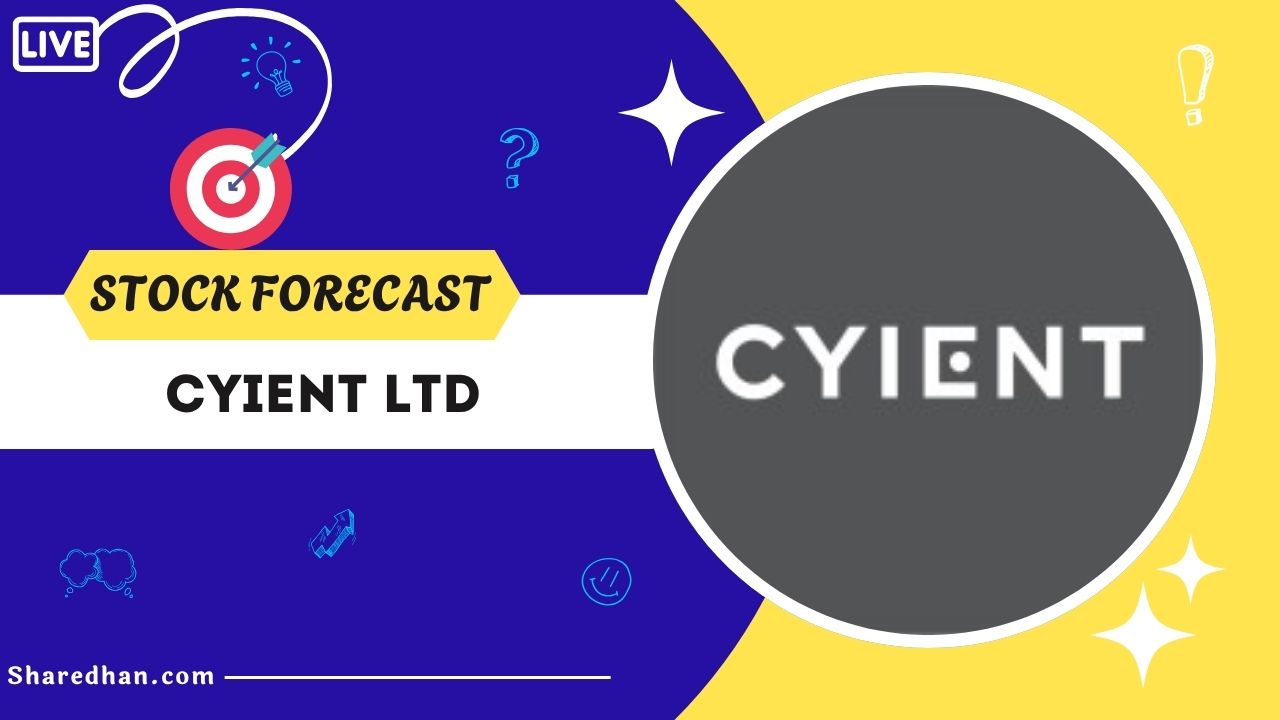Many people want to invest in IPOs, but most don’t know the full form of IPO, what it means, or what role it plays in the stock market. We’ve got a lot of questions about IPOs, so I’m going to try to answer all of them in this article. We’ll also walk through the whole IPO process in this Guide. Stay tuned.
So, you’ve heard people talking about IPOs, right? Maybe at the office, or among friends, and you’re thinking, “What’s the big deal?” Well, this is the article for you.
We’re going to break down what IPO means, how it works, and what you should look out for if you’re thinking of investing. It’s like a beginner’s guide to IPOs, but even if you know a bit, you might find something useful here. So, stick around, and let’s get into it.
IPO Full Form
IPO stands for Initial Public Offering. Now, what does that mean? It’s basically the first time a private company says, “Hey, we’re selling shares, and anyone can buy them.”
This is a big moment for the company because it’s a way to raise a lot of money quickly, usually for growing the business or launching new projects. It’s also a chance for regular people like you and me to buy a piece of the company and hopefully make some money if the company does well.
IPO Meaning
When we say Initial Public Offering, or IPO, we’re talking about the first time a company’s shares are available for the public to buy.
Until this point, the company is usually ‘private,’ meaning its shares are held by a small group of people—like the founders, family, and maybe some early investors.
But with an IPO, the company opens up ownership to anyone who wants to buy a share. This is a big deal for the company because it can raise a ton of money this way, money that can be used for all sorts of things like expanding the business, launching new products, or even paying off debt.
For us regular people, it’s an opportunity to get in early and potentially make some profit down the line. For investors, IPOs can be a golden opportunity but they come with their own set of risks. The share price can go up, but it can also go down, sometimes pretty quickly.
That’s why it’s crucial to do your homework, understand the company, and know what you’re getting into.
What is IPO in the Share Market
Stories make everything easier to understand What is IPO in the Stock Market, don’t they? So, let’s imagine a scenario.
Ravi is a young software engineer in Bangalore. He’s been saving some money and hears his colleagues talking about this hot new tech startup that’s about to go public. The company is called “TechGenius,” and it’s been the talk of the town. Ravi thinks this could be his chance to invest and make some good money.
Now, TechGenius has decided to go for an IPO to raise funds for expanding its business. They partner with big investment banks and start a roadshow, pitching their company to big investors. Ravi reads about all this in the news and gets even more excited.
He also finds their documents online, files with SEBI, and spends his weekend going through them. He learns about the company’s profits, debts, and future plans. It’s like reading an autobiography of TechGenius.
Finally, the big day comes when the stock Market opens. TechGenius goes public, and its shares are up for grabs. Ravi, having done his homework, decides to invest. He buys shares through his Demat account, and voila, he’s now a part-owner of TechGenius.
The share price goes up for a while, and Ravi is thrilled. But then, it starts to fluctuate, going up and down like a roller coaster. Ravi realizes that investing in an IPO is not a guaranteed ticket to riches; it’s a gamble where you can win big or lose big.
So, what’s the moral of the story? IPOs are exciting, offering a chance to invest in a company’s future. But they’re not without risks. Like Ravi, you’ve got to do your homework, understand what you’re getting into, and be prepared for the ups and downs. Hope this story helps you get a clearer picture.
How does IPO work
An IPO is not just a one-day event; it’s a complex process that involves a lot of players. The company teams up with investment banks, who act like middlemen, to help set the price of the shares and to find initial buyers.
This is known as ‘underwriting’ the IPO. Then there’s a whole roadshow where the company and these banks pitch the investment to big institutional investors, trying to generate interest and set the stage for a successful launch.
Before the IPO, the company has to file a bunch of documents with regulatory bodies, like the Securities and Exchange Board of India (SEBI) in India or the Securities and Exchange Commission (SEC) in the U.S.
These documents give a detailed look into the company’s finances, its business model, and even the risks involved. It’s like an open book for potential investors to study before they decide to invest. let’s get straight to the point. Here are the key steps involved in an IPO:
Step 1: Internal Assessment
The first thing a company does is decide whether it’s ready to go public. This involves looking at its financial health, market position, and whether it can meet all the regulatory requirements.
Step 2: Choose Advisors
The company then selects a set of advisors, usually investment banks, to guide them through the IPO process. These advisors are often called “underwriters.”
Step 3: Due Diligence & Documentation
The underwriters and the company work together to conduct a thorough review of the company’s business. They prepare a document called a “prospectus,” which includes detailed information about the company, its finances, and the risks involved.
Step 4: Regulatory Approval
The prospectus is then submitted to the regulatory body for approval. In India, it’s the Securities and Exchange Board of India (SEBI); in the U.S., it’s the Securities and Exchange Commission (SEC).
Step 5: Pricing
Once approved, the company and its underwriters decide on the price range for the shares. This is often done through a roadshow, where they present the investment opportunity to potential large investors.
Step 6: Subscription
After the pricing, the shares are made available for subscription. This is when institutional and retail investors can start buying shares.
Step 7: Going Public
On the day of the IPO, the shares are officially listed on a stock exchange and trading begins. This is the point where the company is considered “public.”
Step 8: Post-IPO Activities
After going public, the company has to meet ongoing regulatory requirements, including regular financial reporting and disclosures.
And let’s not forget, once the company goes public, it has to follow a lot of rules it didn’t have before. We’re talking about regular financial reporting, shareholder meetings, and all sorts of compliance stuff. So, it’s a big step, not just in terms of money but also in how the company operates.
How to invest in an IPO

- Click on the “Open an Account“
- Fill in the required details
- Complete the verifying your identity
- Login to Your Account
- Search for IPOs in Which You Can Invest or Apply
- Place an Order.
Full form of IPO in various fields
The term “IPO” is most commonly associated with the Stock Market, standing for “Initial Public Offering.” However, the acronym could have different meanings depending on the field or context in which it’s used. Here are some possible interpretations across various fields:
Finance:
- Initial Public Offering: The process by which a private company goes public by offering its shares to the general public for the first time.
Technology:
- Interoperable Object: In the context of software development, IPO could refer to objects that can operate or interact with different systems or platforms.
Medicine:
- Immediate Post-Operative: In medical parlance, IPO could refer to the period immediately following a surgical operation.
Logistics:
- International Post Office: In the context of mail and package delivery, IPO could refer to a post office that handles international shipments.
Law Enforcement:
- Initial Police Officer: In some law enforcement contexts, IPO could refer to the first police officer who arrives at the scene of an incident.
Music:
- Initial Public Offering (of Music): In the music industry, an IPO could refer to the first time a musician or band offers their music to the public, although this is a less traditional use of the term.
Sports:
- Individual Performance Objective: In sports management, IPO could refer to specific performance goals set for an individual athlete.
Business Strategy:
- Intellectual Property Ownership: In the context of business strategy and legal rights, IPO could refer to the ownership of intellectual property like patents, copyrights, and trademarks.
Education:
- Individualized Program Option: In educational settings, IPO could refer to a customized educational program designed to meet the specific needs of a student.
It’s important to note that the meaning of IPO can vary based on the field and context, so it’s always good to clarify what is being referred to when encountering this acronym.
Importance of IPO
The concept of an Initial Public Offering (IPO) holds significant importance for various stakeholders, including the company going public, the investors, and the broader financial market. Here’s why IPOs are important:
For the Company:
Capital Raising: One of the primary reasons companies go public is to raise capital. The funds generated can be used for various purposes like expansion, research, and development, or paying off debt.
Increased Valuation: Being publicly traded often results in a higher valuation for the company, which can be beneficial for the founders and early investors.
Liquidity: An IPO provides liquidity for the company’s stock, allowing early investors and employees to sell their shares more easily.
Public Profile: Going public increases a company’s visibility and credibility, which can be advantageous in competitive markets.
Mergers and Acquisitions: Public companies often find it easier to engage in mergers and acquisitions since their shares can be used as a form of currency for deals.
For Investors:
Investment Opportunities: IPOs provide retail investors with an opportunity to invest in a company at its early stage, potentially reaping significant rewards if the company performs well.
Portfolio Diversification: New IPOs offer investors more options for diversifying their investment portfolios.
Transparency: Public companies are required to disclose financial and operational details, providing investors with more information to make informed decisions.
For the Market:
Market Depth: More IPOs mean more companies are listed on the stock exchange, which increases the depth and breadth of the market.
Economic Indicators: A successful IPO can be a sign of a strong economy, while a lack of IPOs might indicate a weaker economic environment.
Innovation and Job Creation: The capital raised from IPOs often goes into business expansion and innovation, which can lead to job creation and contribute to economic growth.
Wealth Distribution: IPOs allow the general public to participate in the financial gains of a company, contributing to broader wealth distribution
the concept of an Initial Public Offering (IPO) serves as a pivotal mechanism in modern financial markets, benefiting a wide range of stakeholders. For companies, IPOs offer a pathway to raise substantial capital, gain market visibility, and facilitate future growth strategies like mergers and acquisitions.
For investors, IPOs present unique opportunities for early-stage investment, portfolio diversification, and access to transparent information for making informed decisions. Lastly, for the broader financial market and economy, IPOs add depth, serve as economic indicators, and contribute to innovation and wealth distribution.
Therefore, the importance of IPOs extends beyond just being a financial transaction; they are a cornerstone of economic development and financial empowerment.
To stay updated with the latest information related to the stock market and receive live stock market updates, follow Sharedhan and stay connected with us. Check out Today’s Share Market Open or Closed.






